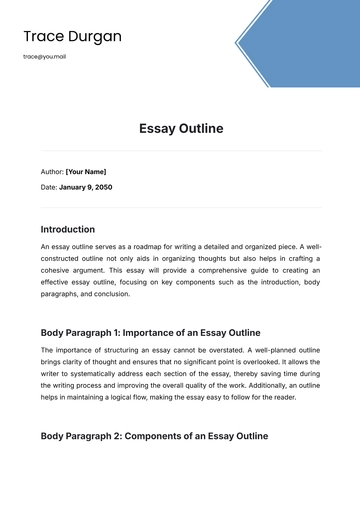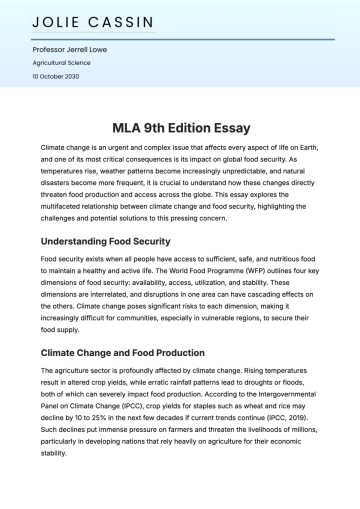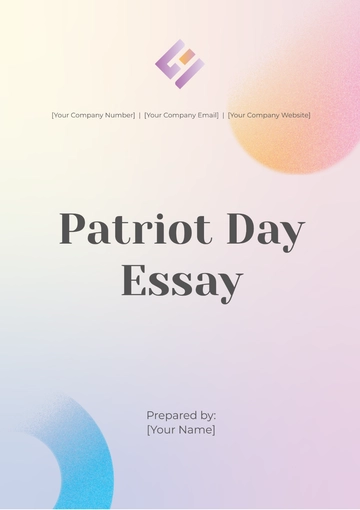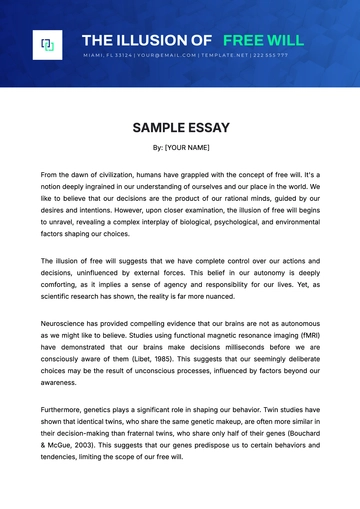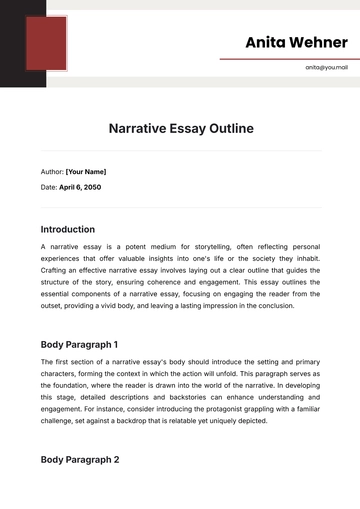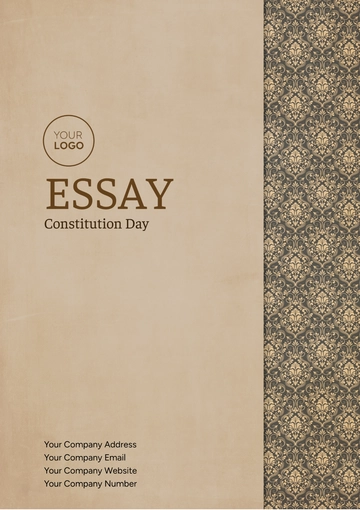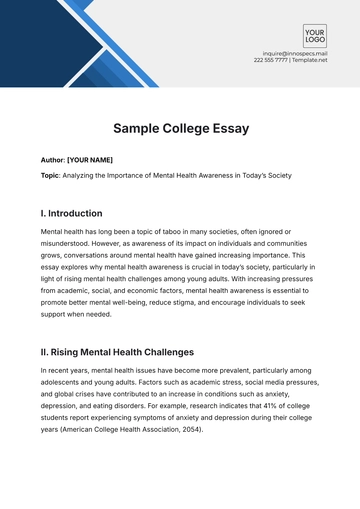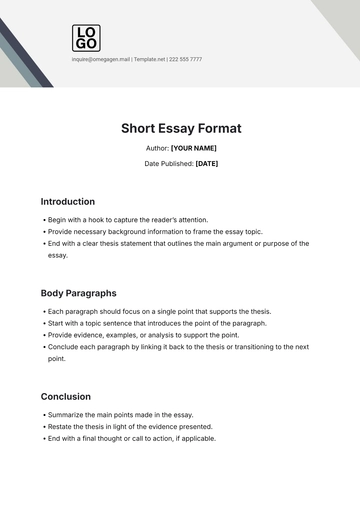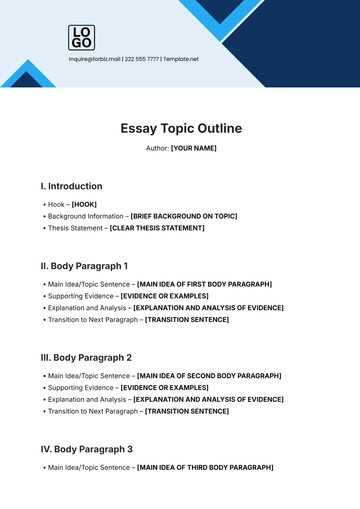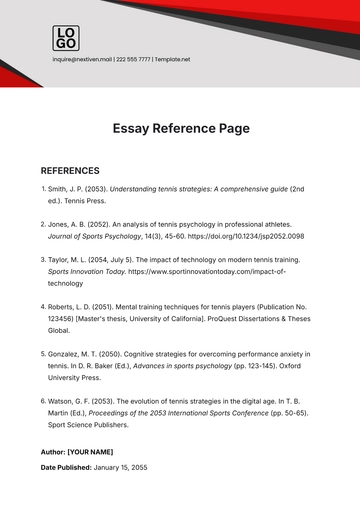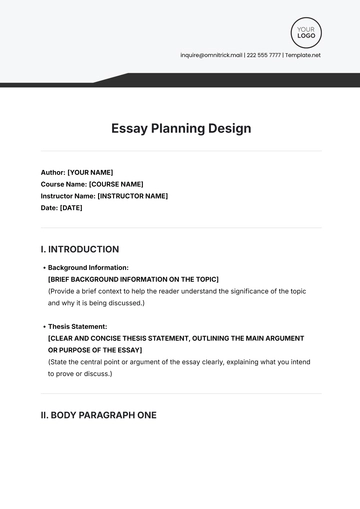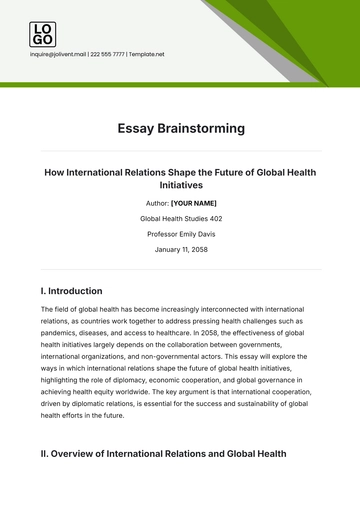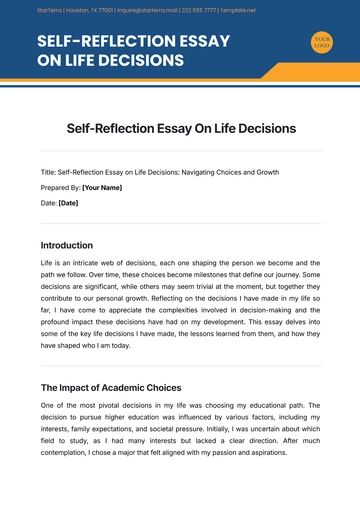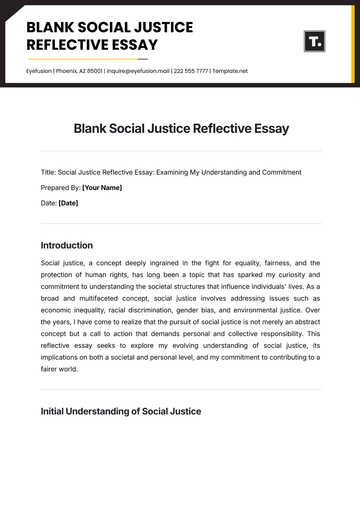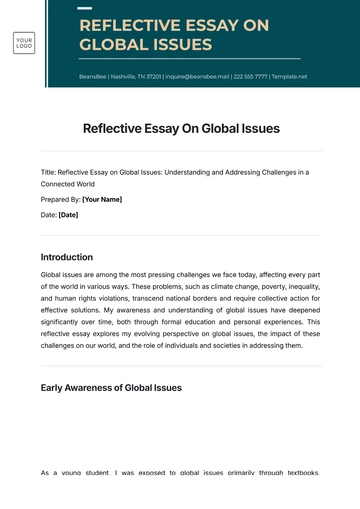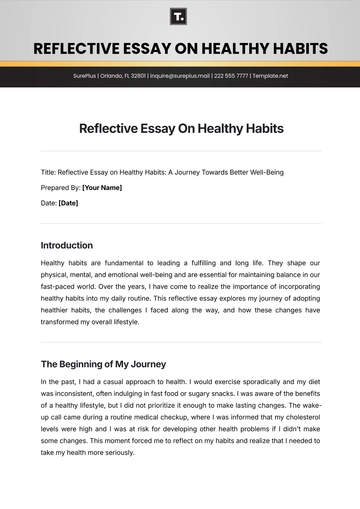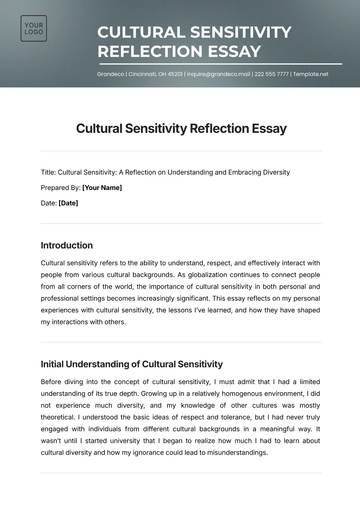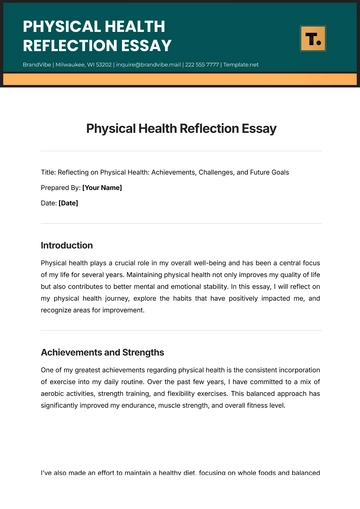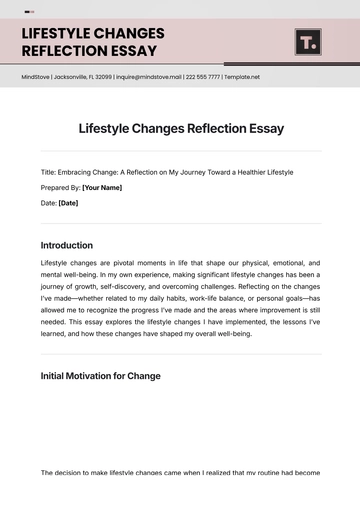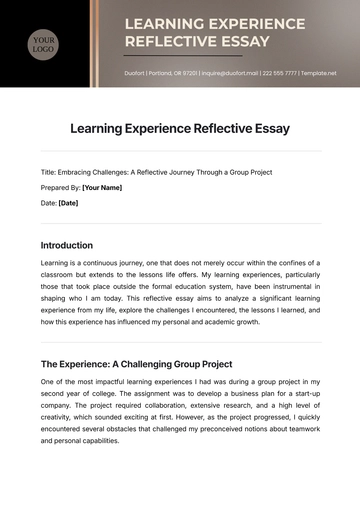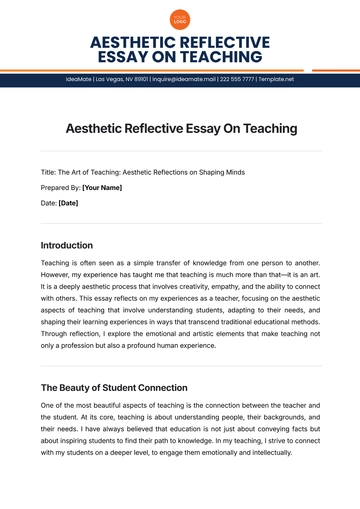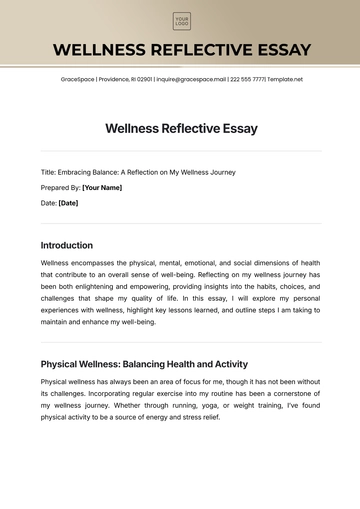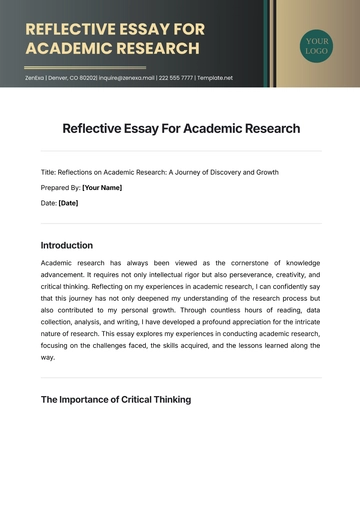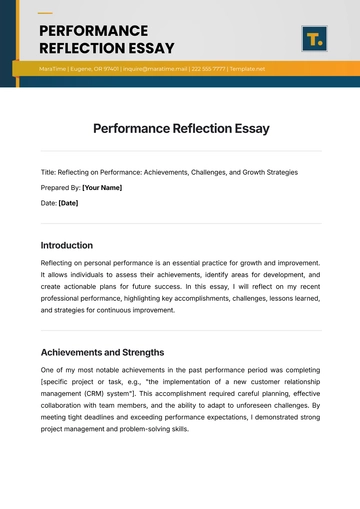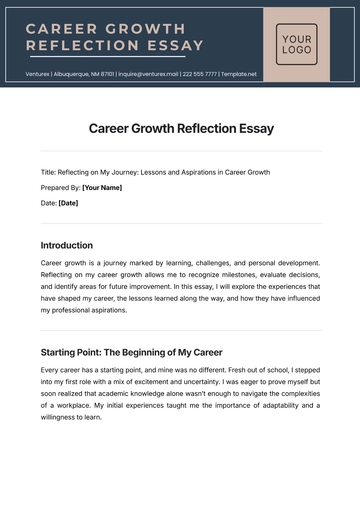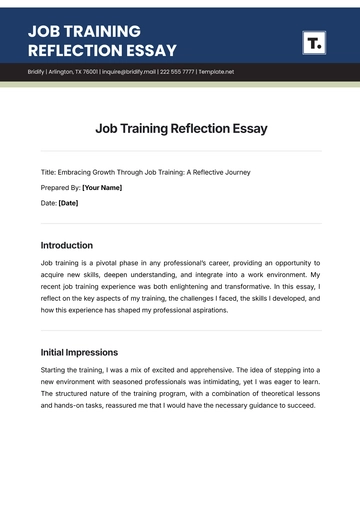Free Sample Essay

By: [YOUR NAME]
From the dawn of civilization, humans have grappled with the concept of free will. It's a notion deeply ingrained in our understanding of ourselves and our place in the world. We like to believe that our decisions are the product of our rational minds, guided by our desires and intentions. However, upon closer examination, the illusion of free will begins to unravel, revealing a complex interplay of biological, psychological, and environmental factors shaping our choices.
The illusion of free will suggests that we have complete control over our actions and decisions, uninfluenced by external forces. This belief in our autonomy is deeply comforting, as it implies a sense of agency and responsibility for our lives. Yet, as scientific research has shown, the reality is far more nuanced.
Neuroscience has provided compelling evidence that our brains are not as autonomous as we might like to believe. Studies using functional magnetic resonance imaging (fMRI) have demonstrated that our brains make decisions milliseconds before we are consciously aware of them (Libet, 1985). This suggests that our seemingly deliberate choices may be the result of unconscious processes, influenced by factors beyond our awareness.
Furthermore, genetics plays a significant role in shaping our behavior. Twin studies have shown that identical twins, who share the same genetic makeup, are often more similar in their decision-making than fraternal twins, who share only half of their genes (Bouchard & McGue, 2003). This suggests that our genes predispose us to certain behaviors and tendencies, limiting the scope of our free will.
Psychological factors also exert a powerful influence on our choices. Our past experiences, traumas, and conditioning shape the way we perceive the world and make decisions. Cognitive biases, such as confirmation bias and availability heuristic, cloud our judgment and lead us to make irrational choices (Kahneman, 2011). Moreover, social pressure and cultural norms dictate what is considered acceptable behavior, constraining our freedom to act according to our own desires.
Environmental factors, such as socioeconomic status and access to resources, further limit our freedom of choice. Individuals born into poverty face systemic barriers that restrict their options and opportunities, effectively narrowing the range of choices available to them. Similarly, those living in oppressive regimes or under authoritarian rule may face severe consequences for exercising their autonomy, forcing them to conform to societal expectations.
In light of these complexities, it becomes apparent that the notion of free will is more illusory than concrete. While we may perceive ourselves as autonomous agents, capable of shaping our destinies through sheer willpower, the reality is that our choices are influenced by a multitude of factors beyond our control.
Acknowledging the illusion of free will does not diminish the significance of human agency. Rather, it invites us to adopt a more compassionate and empathetic understanding of ourselves and others. By recognizing the myriad influences shaping our decisions, we can cultivate greater self-awareness and mindfulness in our choices, striving to align our actions with our values and aspirations.
In conclusion, the illusion of free will serves as a compelling testament to the complexity of human nature. While we may cling to the belief in our autonomy, the evidence suggests otherwise. By delving into the intricate web of biological, psychological, and environmental factors shaping our choices, we can gain a deeper understanding of ourselves and the world around us. Ultimately, embracing the illusion of free will invites us to transcend our limitations and strive for greater self-awareness and authenticity in our lives.
References:
Libet, B. (1985). Unconscious cerebral initiative and the role of conscious will in voluntary action. Behavioral and Brain Sciences, 8(4), 529-566.
Bouchard, T. J., Jr., & McGue, M. (2003). Genetic and environmental influences on human psychological differences. Journal of Neurobiology, 54(1), 4-45.
Kahneman, D. (2011). Thinking, fast and slow. Farrar, Straus and Giroux.
- 100% Customizable, free editor
- Access 1 Million+ Templates, photo’s & graphics
- Download or share as a template
- Click and replace photos, graphics, text, backgrounds
- Resize, crop, AI write & more
- Access advanced editor

